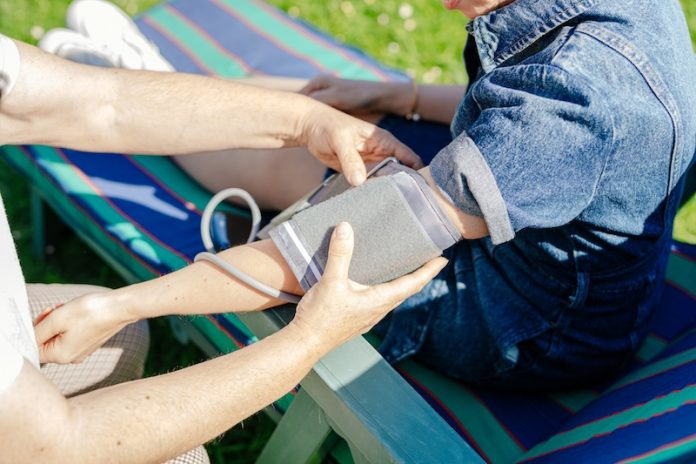
A large European study has raised new concerns about a common medication used to treat high blood pressure. The drug, called nifedipine, may increase the risk of sudden cardiac arrest when taken in high doses. This condition, where the heart suddenly stops beating, is extremely dangerous and often deadly unless treated immediately.
Sudden cardiac arrest is a major health issue, causing about half of all heart-related deaths in Europe and around one in five natural deaths overall. It often strikes without warning, although some people may feel symptoms like chest pain, shortness of breath, or nausea shortly before it happens.
Once the heart stops, the person loses consciousness and stops breathing. Without quick help—like CPR or a defibrillator—survival is unlikely.
In this study, researchers focused on two medications widely prescribed for high blood pressure and chest pain: nifedipine and amlodipine. Both drugs help relax blood vessels so that blood can flow more easily. They have been used safely for many years and are taken by millions of people worldwide.
The research team looked at medical data from Amsterdam. They compared 2,503 people who had suffered sudden cardiac arrest to 10,543 people who were healthy. They found that those taking high doses of nifedipine—60 milligrams a day—were more likely to suffer sudden heart stoppage. The other drug, amlodipine, did not show the same risk.
To make sure their findings were accurate, the team analyzed health data from another large group in Denmark. This group included 8,101 patients who had experienced sudden cardiac arrest and 40,505 healthy individuals. The results were similar, strengthening the idea that high doses of nifedipine may be linked to an increased risk.
This finding is surprising because both nifedipine and amlodipine have been used for decades without major safety concerns. One reason this risk may have been missed before is that sudden cardiac arrest happens very quickly, often leading to death before detailed information can be collected. This makes it hard for scientists to study.
Even so, the researchers are not calling for people to stop taking nifedipine. They stress that untreated high blood pressure is also dangerous and can cause serious problems like strokes and heart attacks.
Instead, they suggest that patients taking high doses of nifedipine should talk to their doctors. Together, they can decide if a lower dose or a different medication might be better.
This study is a reminder of how important it is to keep studying even older drugs. What we learn over time can change how we understand a medicine’s safety and help doctors make better choices for their patients.
For now, the key message is this: high doses of nifedipine may carry a higher risk of sudden cardiac arrest. Patients should not panic or stop their medicine on their own. But it’s wise to check in with a healthcare provider to discuss the safest and most effective treatment plan.
As more research is done, we’ll get a clearer picture of the risks and how best to manage them. Meanwhile, good communication between patients and doctors remains essential for safe and effective care.
If you care about blood pressure, please read studies about blood pressure drug that may increase risk of sudden cardiac arrest, and these teas could help reduce high blood pressure.
For more information about health, please see recent studies about nutrient that could strongly lower high blood pressure, and results showing this novel antioxidant may help reverse blood vessels aging by 20 years.
Copyright © 2025 Knowridge Science Report. All rights reserved.



